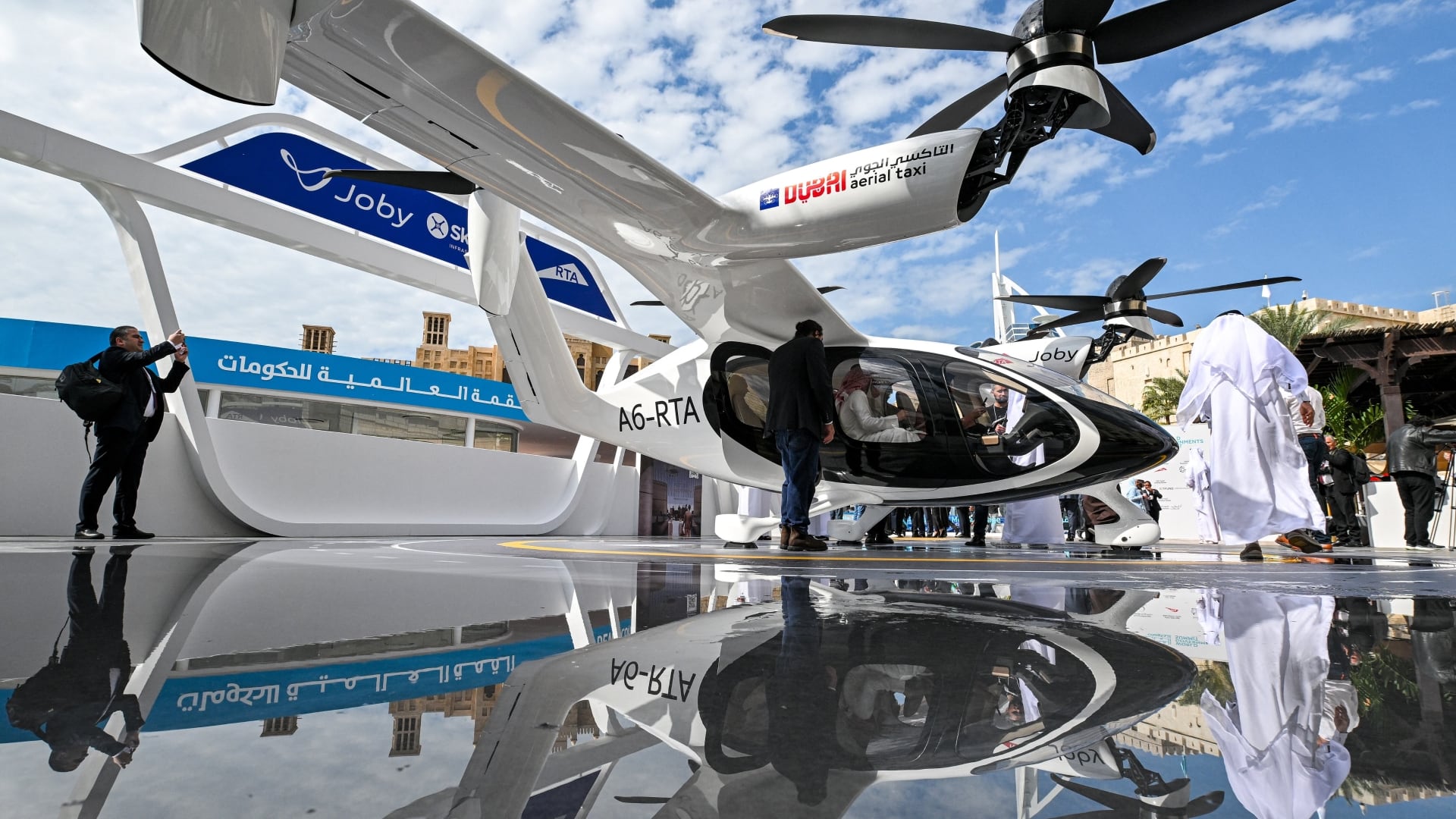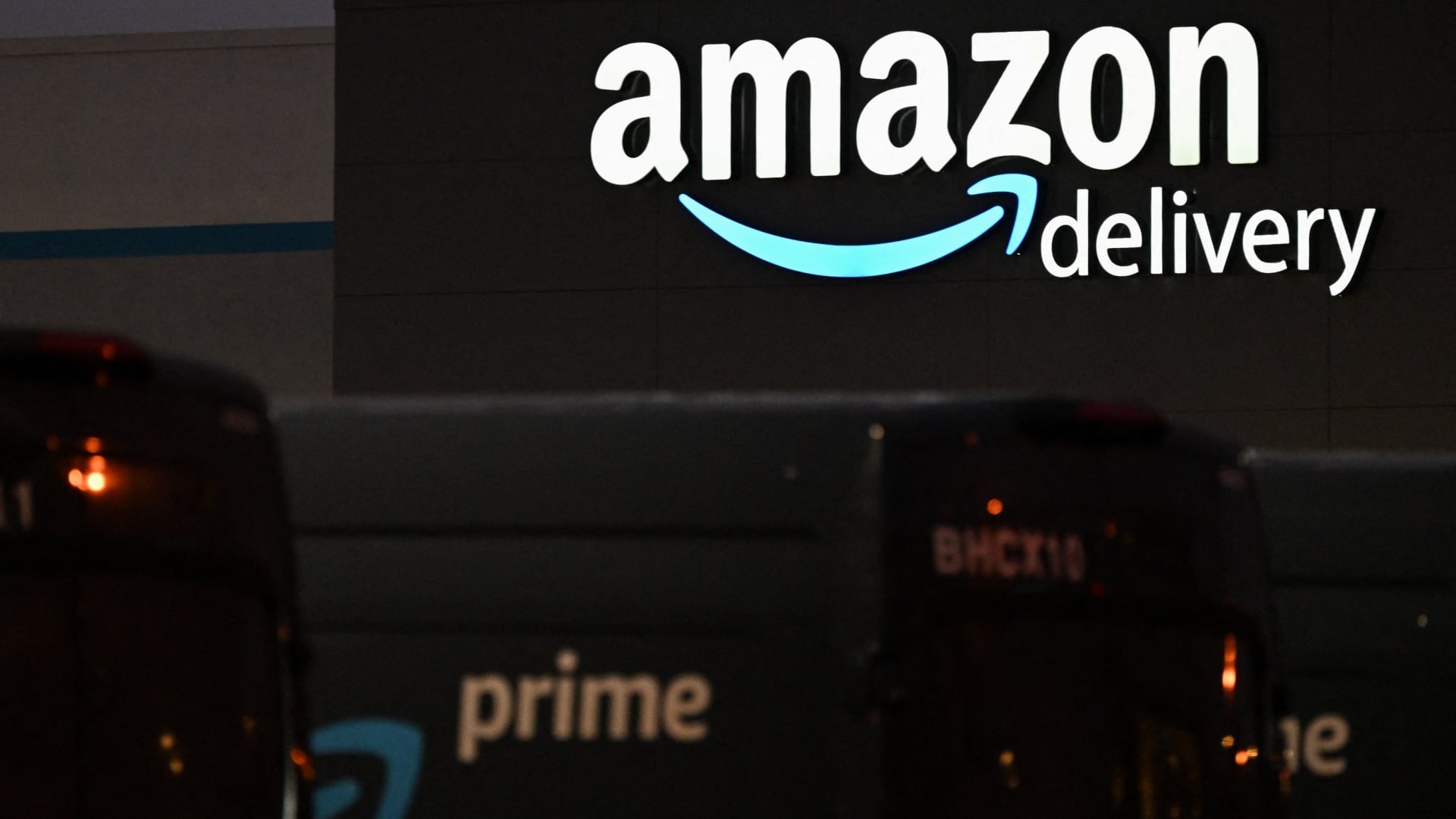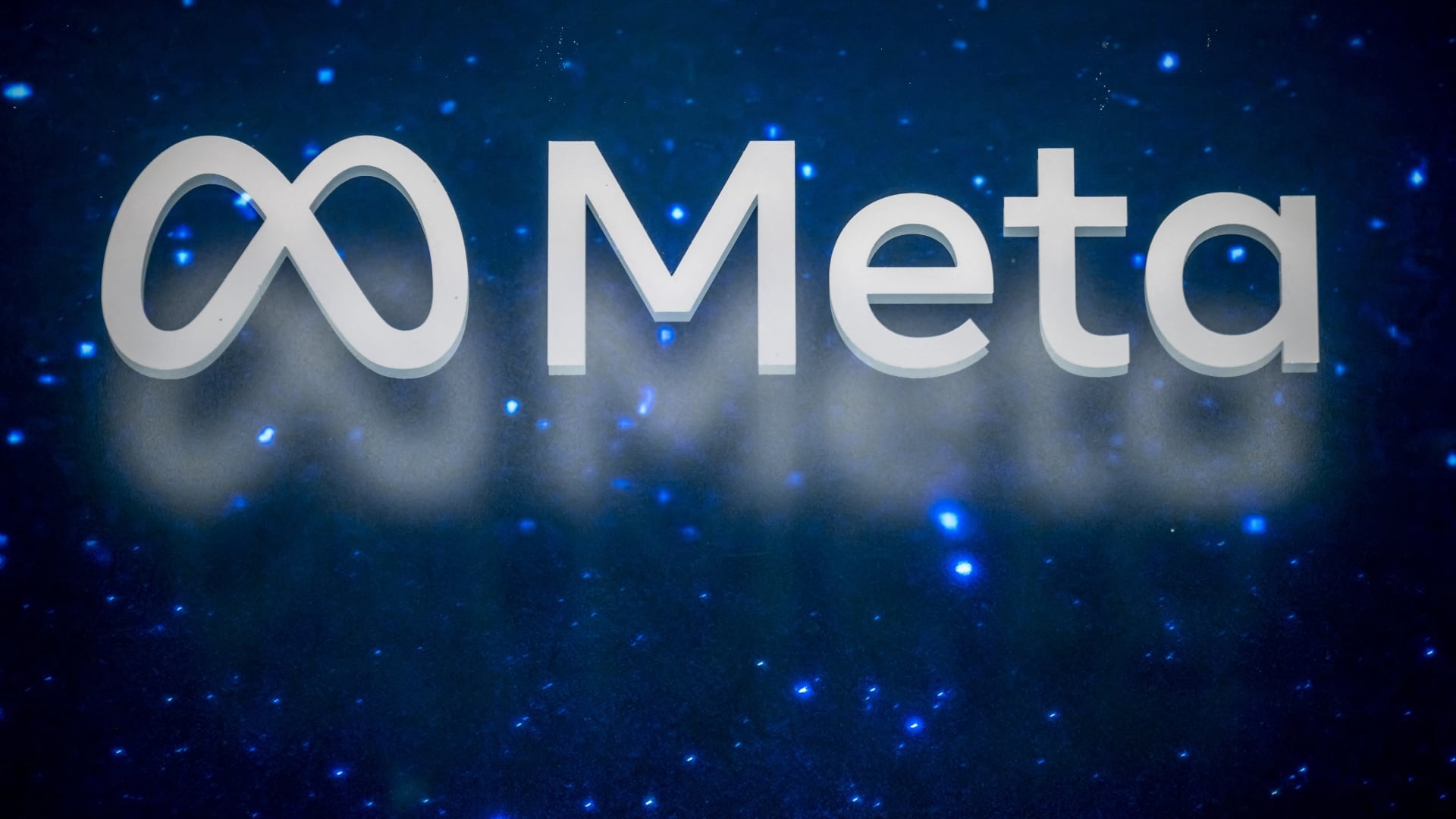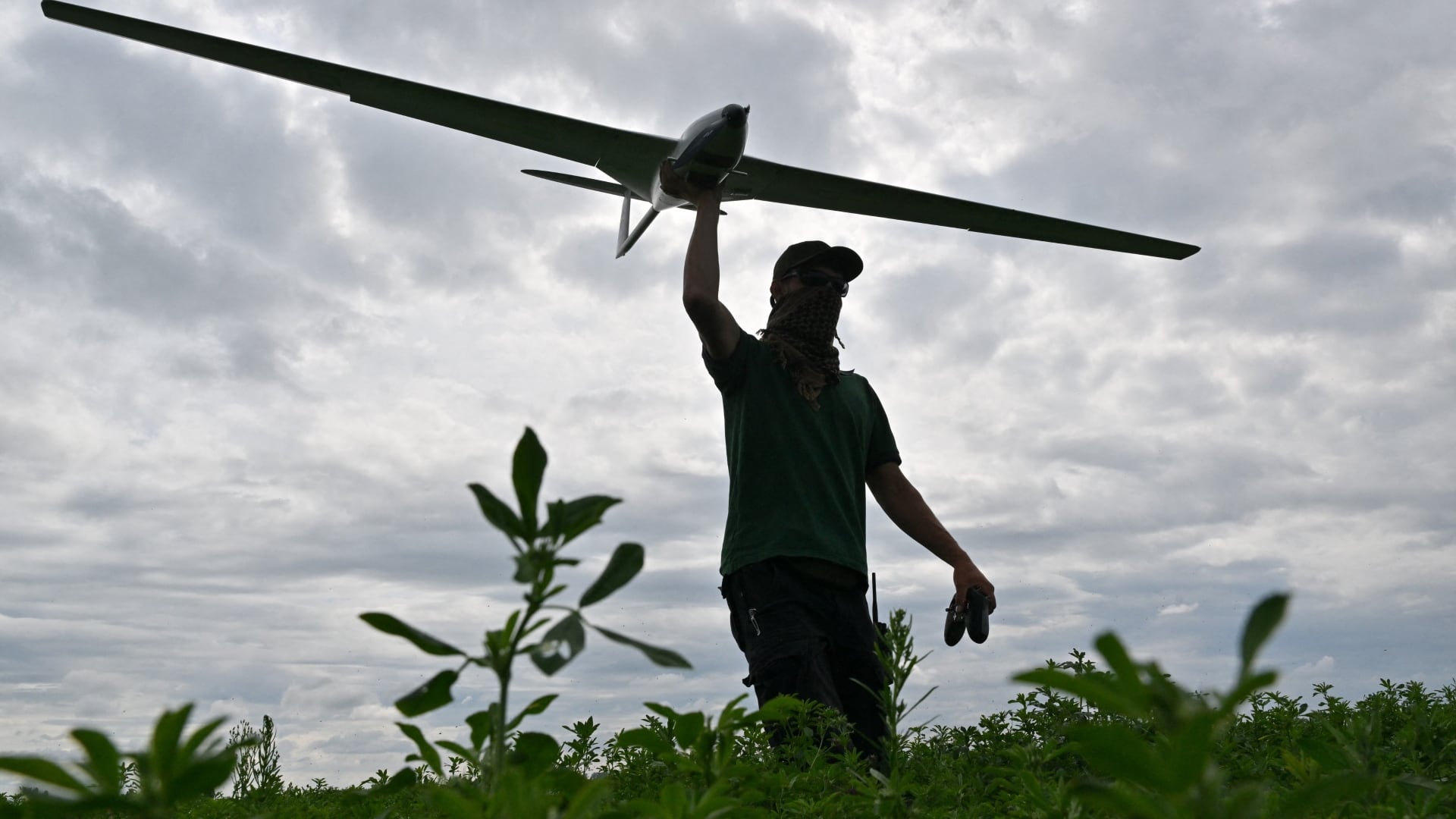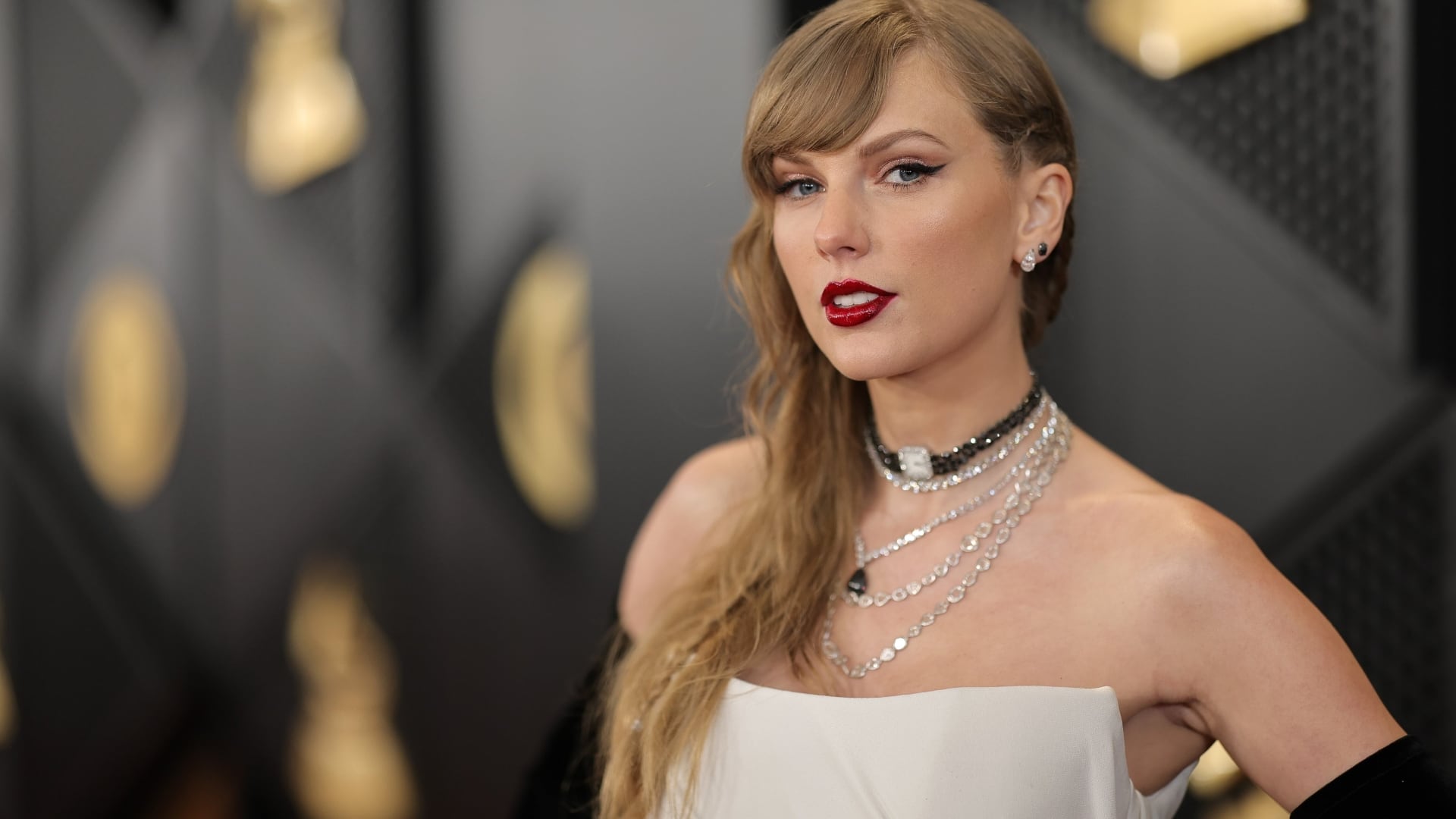Tesla's first-quarter vehicle sales rose 36% after the company cut prices twice in a bid to stimulate demand.
The electric car, SUV and heavy truck maker said it delivered 422,875 vehicles worldwide from January to March, up from just over 310,000 a year ago. But the increase fell short of analyst estimates of 432,000 for the quarter, according to FactSet. The first quarter sales were a record for the company.
Tesla cut prices in early March on its more expensive models, the S and X, by $5,000 to as much as $10,000. In January it slashed the sticker numbers on several versions of its EVs, making some eligible for a U.S. $7,500 federal tax credit. Some versions of the top-selling Model Y small SUV saw price trims of nearly 20%, and the base price of the Model 3 small car was dropped by 6%.
The price cuts appeared to have raised demand despite increasing interest rates designed to slow the economy and curb inflation. Since the U.S. Federal Reserve began raising rates in March of last year, the average new vehicle loan has jumped from 4.5% to 7%, according to Edmunds data.
Analysts are watching to see if the price drops cut into the company's profit and margins per vehicle. Tesla says it will release first-quarter earnings after the markets close on April 19.
The Austin, Texas-based company said it sold 412,180 Model Y and Model 3s for the quarter, up almost 40% from the 295,324 sold a year ago.
But sales of the aging Model X large SUV and Model S big sedan fell nearly 38% to 10,695.
When Tesla cut prices, some analysts wondered whether demand was slowing. Others suggested the company was taking advantage of its higher profit margins in a bid to pull market share from upstart companies and legacy automakers that are starting to sell more EVs. Some analysts predicted the start of a widespread price war that has yet to materialize, at least in the U.S.
The growth rate in Tesla’s sales, while impressive, was below the pace needed to reach the company’s pledge to increase deliveries about 50% per year into the foreseeable future.
Tesla produced more vehicles than it sold during the first quarter, making 440,808 as it ramped up production at new factories near Austin, Berlin and Shanghai.
In a note to investors Sunday, Jefferies analyst Philippe Houchois wrote that Tesla's “excess production over deliveries” will keep the debate going over whether there's demand weakness or if the price cuts will raise demand.
During Tesla’s investor day event in early March, CEO Elon Musk conceded that affordability remains a drag on sales but said many people still want to buy a Tesla. “The limiting factor is their ability to pay for a Tesla,” he said.
The top-selling Model Y, for instance, starts at $54,990, while the Model 3's base price is $42,990. A Model S has a starting price of $89,990, while the X starts at $99,990.
Tesla also has been coming under increasing scrutiny from U.S. safety regulators, who have opened multiple investigations and forced a recall of the company's “Full Self-Driving” software for unsafe behavior. The National Highway Traffic Safety Administration is investigating Tesla for steering wheels that can fall off, seat belts that may not hold people in a crash and partially automated systems that can crash into parked emergency vehicles or stop for no reason.

